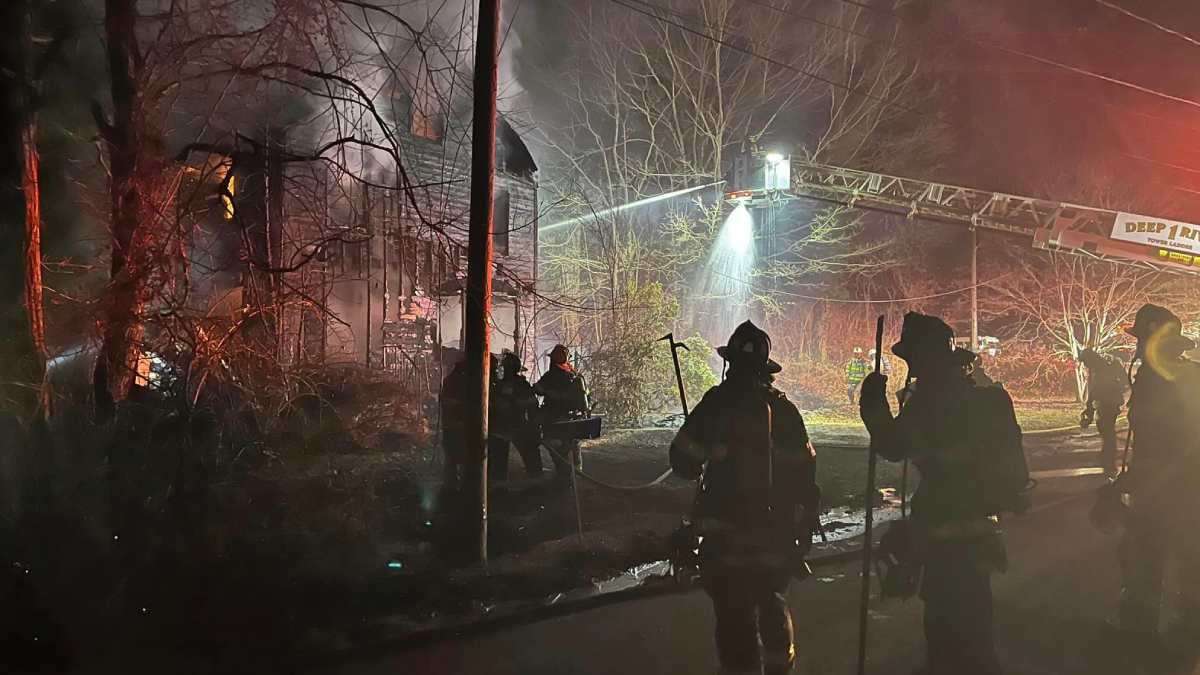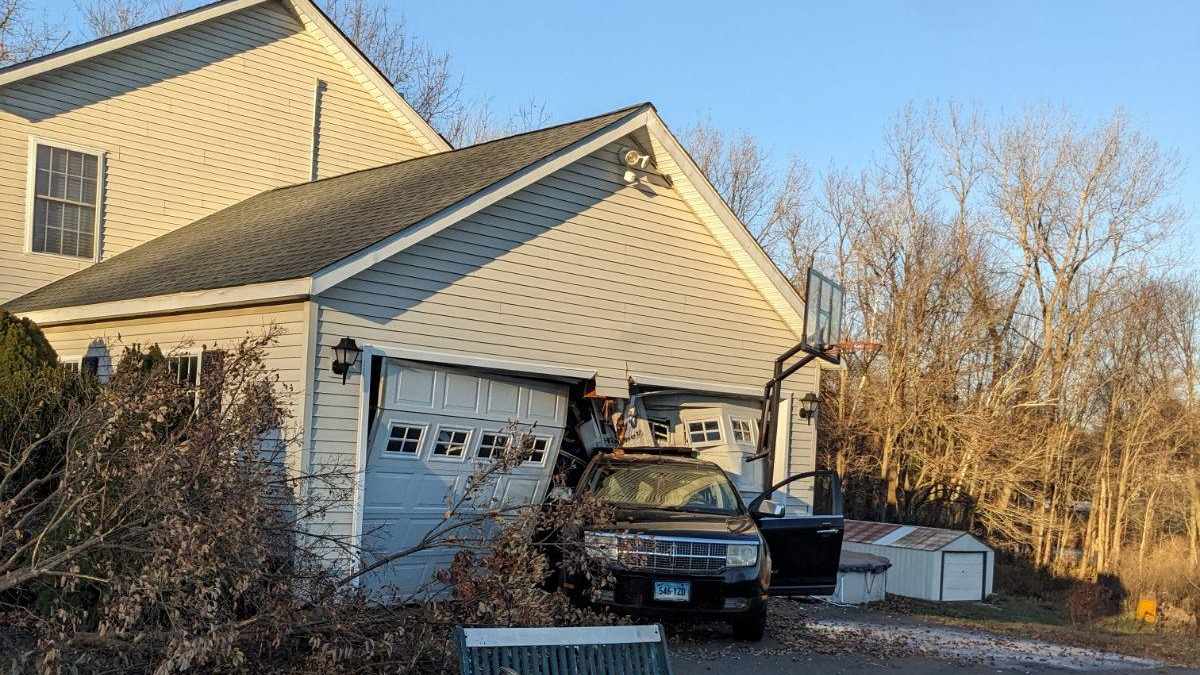"I feel grateful."
That's how Jacob Shannon feels after saying goodbye to his 76-year-old mother Lynda Bluestein on Thursday.
"She was going through a lot of pain, and that was hard to watch," Shannon said.
Shannon's mother was diagnosed with stage four ovarian and fallopian tube cancer in February 2021.
Get top local stories in Connecticut delivered to you every morning. Sign up for NBC Connecticut's News Headlines newsletter.
He said the constant pain and suffering turned her into a fierce advocate for what's called medical aid in dying, which allows terminally ill people to obtain a doctor's prescription for medication that they may decide to take to end their life if the suffering becomes unbearable.
Only 10 states and Washington, D.C. have this law in place. Connecticut does not.
"Having some sort of choice in how this was going to end was her last wish," Shannon said.
While Jacob's mother couldn't change the law in Connecticut, she made a big impact in Vermont after reaching a settlement with the state in February to become the first nonresident to access medical aid in dying.
In May, the Green Mountain State removed its residency requirement entirely. Some lawmakers in Connecticut say they've been trying to make this a law for years and got a little closer last year.
"We brought that before the Public Health Committee for over 10 particular sessions, and I'm hoping we do it again in 2024," Rep. Keith Denning (D - Wilton) said.
Denning is a certified nurse of more than 40 years. He said he met Lynda Bluestein last fall and wished more could be done for her.
But her family said they're happy she's finally at peace. She was surrounded by family Thursday morning when she died.
"I'm grateful that she succeeded in what she really wanted to do," Shannon said.
Lynda's husband said this in a statement:
"Lynda took flight this morning at 9:15. Her passing comfortable and peaceful. Her last words were 'I’m so happy I don’t have to do this [suffer] anymore."
NBC Connecticut also reached out to Connecticut Right to Life and lawmakers against this topic but have not heard back.



